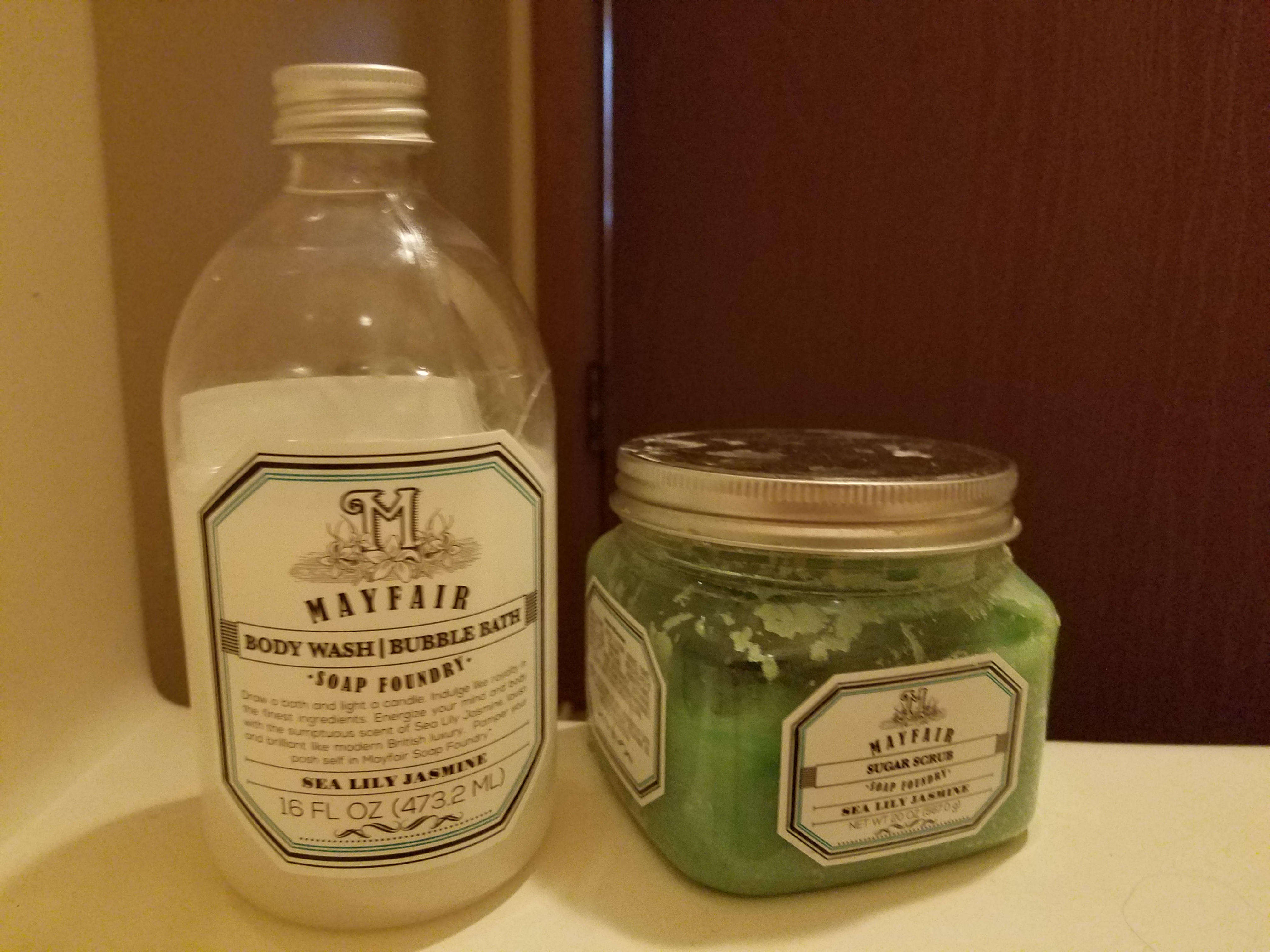How Chronic Illness Taught Me to Slow Down to Reach My Goals
I have always been a goal-oriented person. I have always had clear goals, both short-term and long-term, and have taken great joy out of achieving them.
I have learned to enjoy having goals and dreams, but not to determine my worth on how many of them I’m able to meet – and, especially, how quickly I’m able to meet them.
My junior year in high school, I took Introduction to Sociology, and one of our last assignments was to write a letter to our future selves, to be opened in five years time. We were supposed to write about our goals and dreams for the future. Most of my classmates were probably realistic: college, careers, maybe marriage. I am sure I mentioned those things. I also mentioned publishing a novel and meeting Oprah.
Of course, when five years from them rolled around, not all of that letter had come to fruition. I was a junior in college and doing well in school, so that had happened, and was in a really solid relationship with the man who would end up being my husband. I was still friends with my high school friends. But I had not published a novel or been on Oprah.
Still, I made really fast progress on most of my realistic goals.
But that was all pre-chronic illness.
I’ve never been a totally healthy person. However, I consider what I call my “chronic illness journey” to have begun when I was pregnant with my first and only child, my daughter ,who is now 4.
Having my daughter totally turned my world upside down in so many different ways, and I would never change it for the world.
Before I had her, I had a “five year plan” between getting married a week before my 22nd birthday and trying for our first child. I had already been accepted for seminary, and my husband to law school. I planned for us both to get well-established in our careers, buy a house and build roots in a community before we started a family and had at least two kids.
That all went out the window exactly five years early. My husband and I will be celebrating our fifth anniversary in early May. Our daughter is 4, and came a few weeks early.
My daughter was never part of the plan – but she was a delightful surprise. Chronic illness, however, was a less delightful surprise. If having a daughter made my plans take a U-turn, the illness it brought out brought them all to a screeching, dramatic halt. Or so it seemed at the time.
Despite the brakes my chronic illnesses have thrown on, however, I have learned that I can meet my goals and dreams – just at a slower pace. In fact, that might actually be a good thing, because now I can really “stop and smell the flowers” and appreciate the progress that I’m making.
Two seemingly opposite tools help me keep checking off boxes, albeit at a much slower pace. These are planning and flexibility.
There are two types of planning I employ in my everyday life: short-range and long-range. Back before I was sick, I was much more of a long-range planner. I had those big ambitious plans, but no real idea of the steps I would take to get there, at least not the little ones.
Now, I still have big goals. Admittedly, it took some time. When I first started getting really sick, and then started putting labels on my illnesses, I went through a long mourning period, during which I wondered if I should even have dreams and goals for my life at all.
They definitely changed. Having my daughter changed my career ambitions once, and chronic illness changed them again. For a while, I was worried about how long I would even be able to work. Luckily, I have made a lot of life changes, thanks to a lot of good doctors and solid diagnoses, that have alleviated those fears, and I also have some brand new, exciting dreams on the table.
But, the difference about these goals and goals of the past is I’m not even putting them on a timetable. I’m recognizing that they can take as long as they need to take, and if they need to change or evolve into something else because of my illness, that is OK.
The most important piece of advice I’ve ever gotten is from my friend who is like a brother to me, and it’s something I’ve mentioned here before, but it’s worth reiterating because it’s so, so important. I am not defined by my accomplishments. I am not defined by how fast I meet my goals, or if I meet my goals at all. That’s something I’ve learned since my chronically ill journey has started, and something that has helped me embrace this new, slower pace.
That’s why the second word that has been essential in my goal-making process has become “flexibility.” This is true in both those long-range goals and my short-term goals (which I will get to in a minute). Sometimes, flexibility means saving something for the next day. Sometimes, it means realizing it’s not going to work altogether. It means knowing that it’s OK to be upset for a bit about having to abandon something I really wanted to do or miss out on something, but know that it was ultimately for my health and overall well-being. That way, I’m able to move on and have a positive outlook about it.
Many of my goals are very big and nebulous, out in the future with no specific time table since I want to do what’s best for my health and prioritize my family, faith, and self first. My goals include: Going back to school, switching careers, publishing a novel and series. But day to day, I focus on much more achievable “micro goals.”
With chronic illness, I have found that it is much more achievable to get what I want to get done accomplished when I break everything into very bite-sized pieces, and only push myself to do a few bites per day. I can do a few more bites if I’m having a good day, or if I’m sick on top of chronic illness (or some other circumstance arises), maybe I just need to cut down to the bare essential number of bites.
For instance, I’ll plan out each week tasks that I have to get done: Bills I have to pay, work tasks I have to do in addition to my regular shift, things I need to do for my daughter, medications I have to pick up, appointments – and things I’d like to get done. Anything I can break up into a smaller task I do. I do cleaning tasks in short intervals. It often takes me multiple days to write a blog post because I write it in five or 10 minute chunks at a time. I’ll call the pharmacy one day to refill a prescription and pick it up the next, even though it’s ready that day. Might not be the fastest way of doing things, but slow and steady wins the race! Of course, anything urgent, I get done when it arises, which is why it’s even more important that I conserve energy with non-urgent tasks for when these urgent needs and emergencies come up.

I am also sure to plan and record self-care. I will go more into my recording processes in a future post, but writing what I do down helps remind me that I actually am working toward and accomplishing something, even when it feels like I’m not. And even though sometimes it feels unnecessary, it’s important for me to keep self-care habits, like rest, taking time to read, recharge, plan, do things I enjoy, read my bible, etc., because I know that without these things, it is much harder – if not impossible – for me to keep up the other goals.
In addition to breaking my goals into small, achievable tasks, I motivate myself –e specially during the hard weeks and for the hardest tasks – with “mini-rewards” and “mini-celebrations.”
Sometimes, especially when things are going well or it’s an accomplishment I’m particularly proud of, simply completing something is intrinsically a reward in itself. Or sometimes it’s a goal with a built-in reward, like a good score on a test or a graduate school acceptance.
But getting through a really hard work week with a kid who gets hurt at school, a flat tire, and a double sinus infection does not intrinsically come with a reward. Calling to talk to insurance 20 times in a weekend when you have phone anxiety? Has to be done, but there’s no built-in reward.
So I motivate myself with little things. I buy myself nice bath products and reward myself with bubble baths. I’ll read a chapter of a book (or at least a few pages) after I do a load of laundry. I started a slow collection of Disney Tsum Tsums I’m displaying on my dresser as a motivator. Every hard week I get through or particularly hard thing I do, I get to pick one out. I haven’t been on a vacation in over a year and rarely do big things for myself, but little things are nice motivators to keep pushing through.
In my next couple posts, I am going to be talking about small, concrete ways I achieve my goals, slowly but surely. These include using a planner and multitasking.
I might not be in the place I saw myself back in high school. The pace my life is taking is slowing down, but honestly, every day it does, I am thankful it does. I am thankful for the times I am able to truly catch my breath and be thankful for all the things my life is full of. Chronic illness may have changed the pace of my life, but it hasn’t changed the beauty of it.
Getty Image by anyaberkut
This story originally appeared on Writer Kat.

